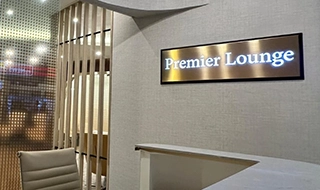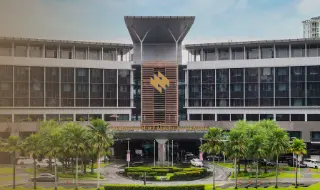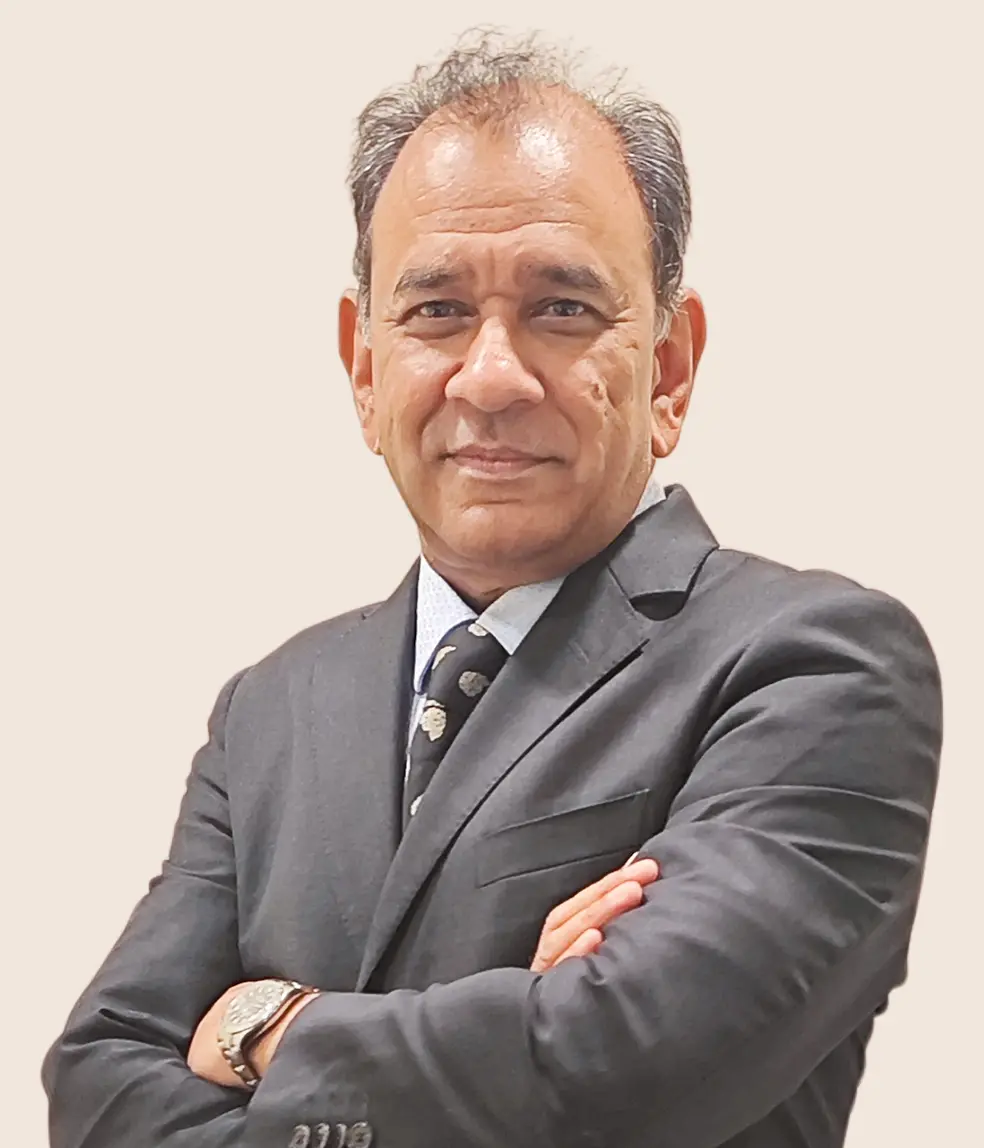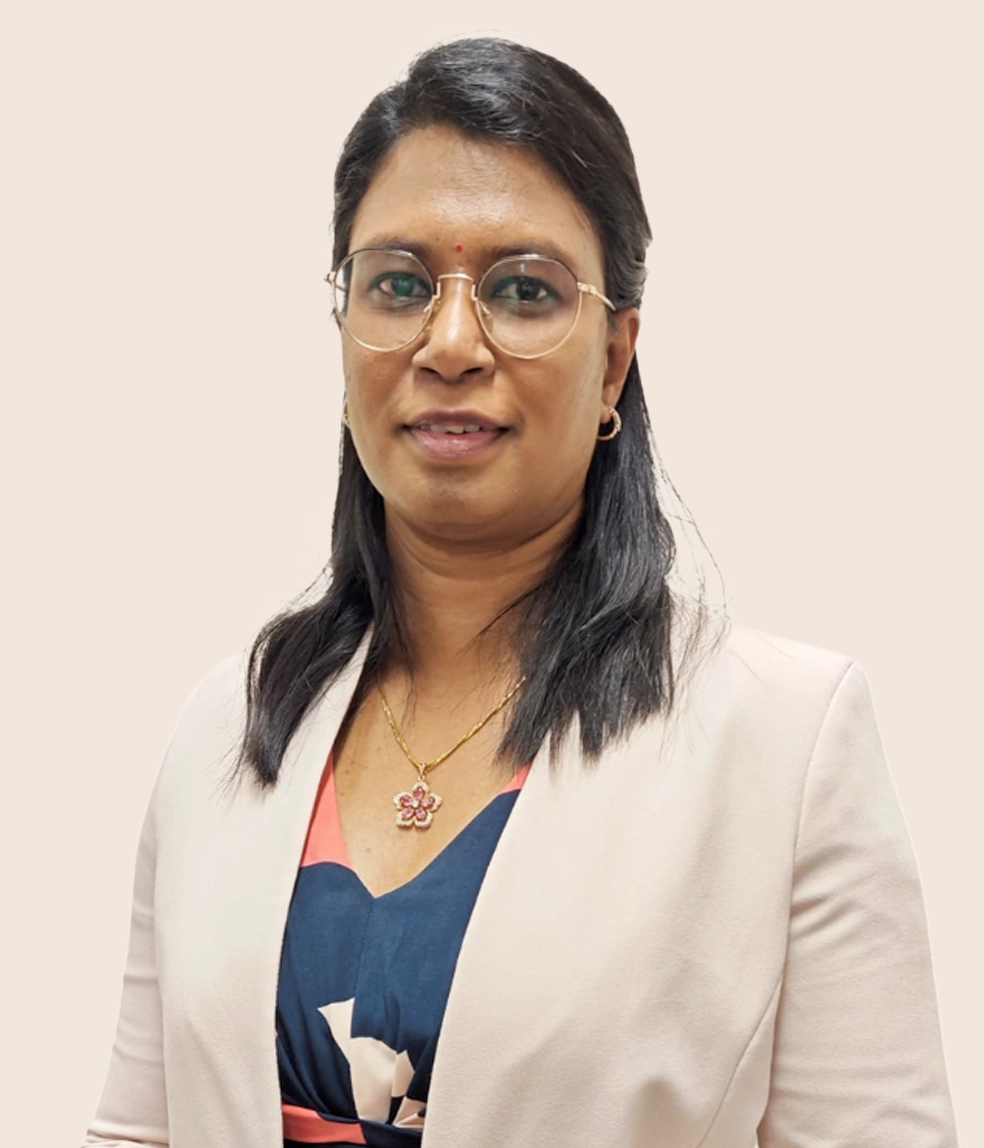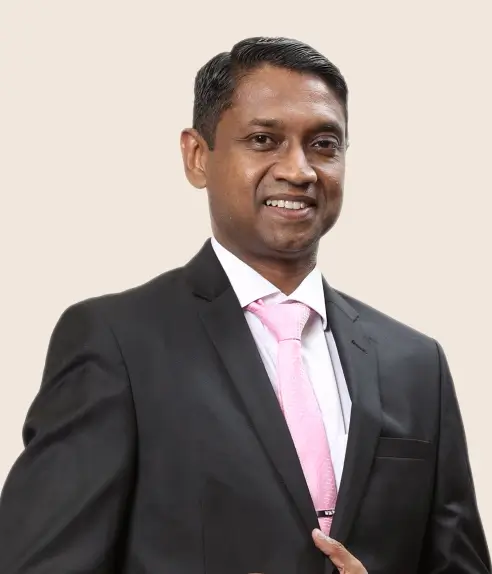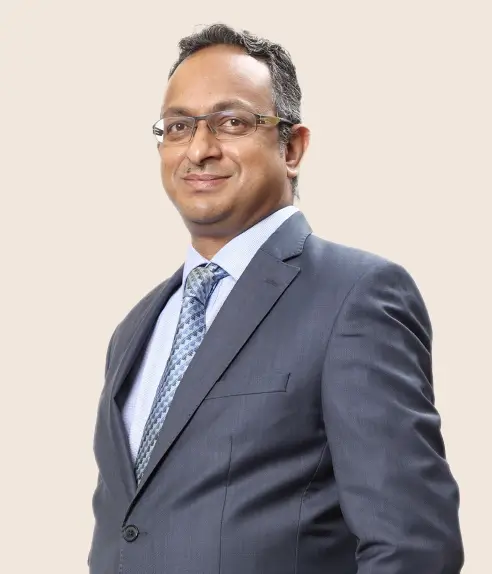What is Neurosurgery?
Neurosurgery, or known as brain surgery, is a medical specialty that deals with the diagnosis, treatment, and prevention of disorders of the nervous system, including the brain, spinal cord, and peripheral nerves. While neurosurgeons and neurologists work closely together treating neurological disorders, it is recommended to seek the advice of a neurosurgeon if you are experiencing any of the following symptoms:
- Chronic pain
- Head pain or trauma
- Neck, back, or leg pain
- Pinched nerves
- Seizures
Common Neurosurgical Conditions
- Brain tumors
- Spinal cord tumors
- Aneurysms and vascular malformations
- Cerebrovascular disease (such as stroke)
- Traumatic brain injuries (TBI)
- Spinal cord injuries (SCI)
- Epilepsy
- Parkinson's disease
- Movement disorders
- Chronic pain (such as neuropathic pain)
- Hydrocephalus
- Chiari malformations
- Spinal stenosis
- Degenerative disc disease
- Herniated disc
- Pinched nerves
- Craniosynostosis (premature fusion of skull bones)
- Congenital anomalies (such as spina bifida)
- Neurological infections (such as meningitis)
- Trigeminal neuralgia
- Carpal tunnel syndrome
- Neurotrauma: head injury, coma, Subdural Hematoma (SDH), Chronic Subdural Hematoma (SDH), Acute Subdural Hematoma (SDH), Extra Dural Hematoma (EDH), Intracerebral Hematoma (ICH), skull fracture
Neurosurgical Procedures
- Brain tumour surgery – a specialised procedure performed by neurosurgeons to remove abnormal growths or tumours in the brain, may involve open craniotomy, endoscopic or stereotactic-guided procedures
- Stereotactic radiosurgery – a non-invasive treatment option that uses focused beams of radiation to treat conditions affecting the brain and spinal cord. At Prince Court Medical Centre, neurosurgeons use the Gamma Knife, a specialised machine that delivers high doses of radiation to the affected area while minimising damage to healthy tissue
- Neuro-endoscopy – a minimally invasive surgical technique which uses a small, flexible tube called an endoscope to view and treat conditions affecting the brain and spinal cord
- Craniotomy – a surgical procedure in which a section of the skull is removed to access the brain. It may be done to remove a tumour, treat an aneurysm, or relieve pressure on the brain
- Minimally invasive spinal surgery - a surgical technique is used to treat conditions affecting the spine, including herniated discs, lumbar spinal stenosis, and spinal cord compression
- Deep brain stimulation (functional neurosurgery) – a treatment option for patients with movement disorders, such as Parkinson's disease, tremors, and dystonia
- Shunt surgery – treating hydrocephalus, involves placing a shunt (a tube) in the brain to drain excess cerebrospinal fluid (CSF) and relieve pressure on the brain
- Hemispherectomy – a rare procedure in which half of the brain is removed to treat severe seizures
- Thrombectomy – a common brain stroke surgery procedure involving the removal of a blood clot that is blocking a blood vessel in the brain
- Aneurysm clipping or coiling – a common brain stroke surgery procedure involving placing a metal clip or tiny coils into the stroke aneurysm to promote blood clotting and prevent rupture
One of the Best Hospital for Neurosurgeon in Kuala Lumpur, Malaysia
Expertise and Specialisation
At Prince Court Medical Centre, we provide advance neurosurgical facility as well as expertise that is unique to the country. Our neurosurgery doctor comprises highly skilled and renowned specialists who are leaders in their field. With decades of collective experience, our experts are recognised regionally and internationally for their outstanding skills in diagnosing and treating complex neurological conditions. Their dedication and expertise have earned them a solid track record of success in delivering positive outcomes for our patients.
Advanced Technology
One of the factors that sets us apart is our commitment to continuously improve our techniques by adopting the latest medical technologies. We invest in the latest innovations in neurosurgery, allowing our team to offer you the most advanced and effective neurological surgeries available.
- Imaging Machines
- Our state-of-the-art facilities are equipped with cutting-edge imaging technologies, such as Magnetic Resonance Imaging (MRI), Nerve Conduction Velocity (NCV) tests, CT, and PET scans, enabling our neurosurgeons to make accurate diagnoses and precisely locate the source of your condition.
- Precise and Innovative Neurosurgery Procedures
- From non-invasive surgical treatment options like stereotactic radiosurgery to minimally invasive techniques like neuro-endoscopy, robotic-neurosurgery, and deep brain stimulation, the hospital's neurological surgeons are skilled in a variety of neurosurgical procedures, including brain and spine surgery, brain stroke surgery, brain tumour surgery, nerve repair, and trauma surgery to help patients manage their condition and improve their quality of life.










